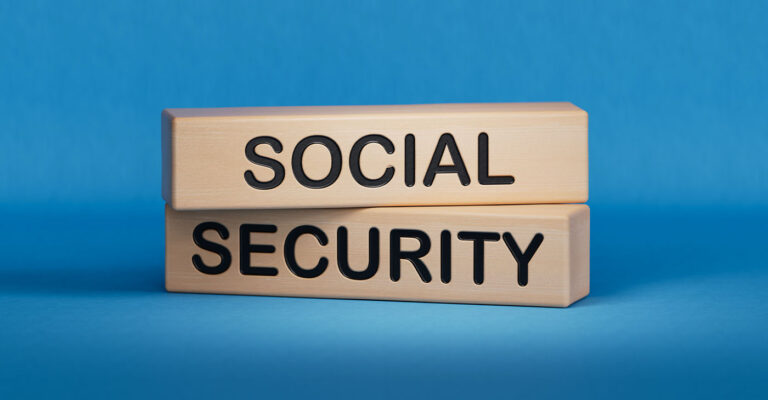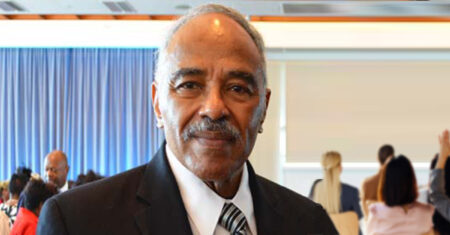By Stacy M. Brown
Black Press USA Senior National Correspondent
The country’s most dependable safety net is changing again, and this time, many fear it will fall hardest on the people who have always leaned on it the most. Across the nation, millions are bracing for the next wave of Social Security changes taking effect this fall and into 2026. What Washington calls modernization and reform, others see as a tightening noose around the necks of working people, especially Black Americans, who for generations have been shut out, shortchanged, and forced to survive on the margins of a promise that was never fully kept.
For those born in 1960 or later, the age to receive full retirement benefits will rise to 67. Disability rules are being rewritten to make it harder to qualify, and paper checks, the only reliable method of payment for many seniors and the unbanked, are being eliminated. All of this is happening under an administration that claims it is saving Social Security. The people who depend on it most say otherwise. Rutgers Law School professor Jon C. Dubin wrote in The Color of Social Security: Race and Unequal Protection in the Crown Jewel of the American Welfare State that the program was never colorblind to begin with. “The original Act’s complete exclusion of disproportionately Black agricultural and domestic workers from old age insurance programs was grounded in the badges and incidents of slavery and a desire to preserve the plantation-sharecropping economy,” he noted.
That exclusion, born of the Depression years, still echoes today. The data shows that Black retirees receive smaller checks and fewer years of benefits because their work lives are shorter, their wages are lower, and their health gives out earlier. Dubin warned that raising the retirement age again “will have a foreseeable racially disparate impact on Black workers due to shorter Black life expectancy and resulting shorter temporal benefit-receipt windows.” For those already close to retirement, the new rules are clear. Claim early, and your check shrinks for life. Wait longer, and you may die before you see the benefit of waiting. That is not reform. That is punishment by policy.
The Center on Budget and Policy Priorities reported that the Trump administration is preparing what could become the largest cut to Social Security Disability Insurance in U.S. history, potentially slashing eligibility by 20 percent. The rule zeroes in on older workers, removing age as a major factor in assessing whether someone can still work. Kathleen Romig of the Center warned that rejecting older applicants “will cause more hardship for people who would be eligible for benefits under the existing rules.” Most of those workers are 50 or older, many living in the South and Midwest, where the jobs wear down bodies before minds, where the work is with the hands and on the feet. The cut will hit them the hardest.
The government says it is also saving money by ending paper checks. On September 30, Treasury stopped mailing Social Security payments. Officials call it a modernization effort. But to the five million Americans who still rely on those checks—many of them elderly, disabled, or without bank accounts—it feels like being cut off from the world. “Some people are just not going to be able to manage the steps,” Romig told The Washington Post. A 2024 report by the Center for Retirement Research found that Black retirees receive 19 percent less in Social Security benefits than white retirees. The reason is no mystery. Lower pay, fewer years in the workforce, and health disparities that shorten life all lead to smaller checks. The report concluded that “changing Social Security alone seems unlikely to narrow existing racial and ethnic gaps substantially” and that “achieving equity for Black and Hispanic retirees would have to start with expanding opportunity for workers and increasing pay equity.”
So, for Black America, this is not just about benefits. It is about justice. The check at the end of a lifetime of work should not depend on the color of the hands that earned it. Yet here we are again, watching the promise of fairness bend beneath the weight of policy. As Dubin put it, “Our fellow Americans deserve no less than a more equitable means for addressing the consequences of economic insecurity.”






